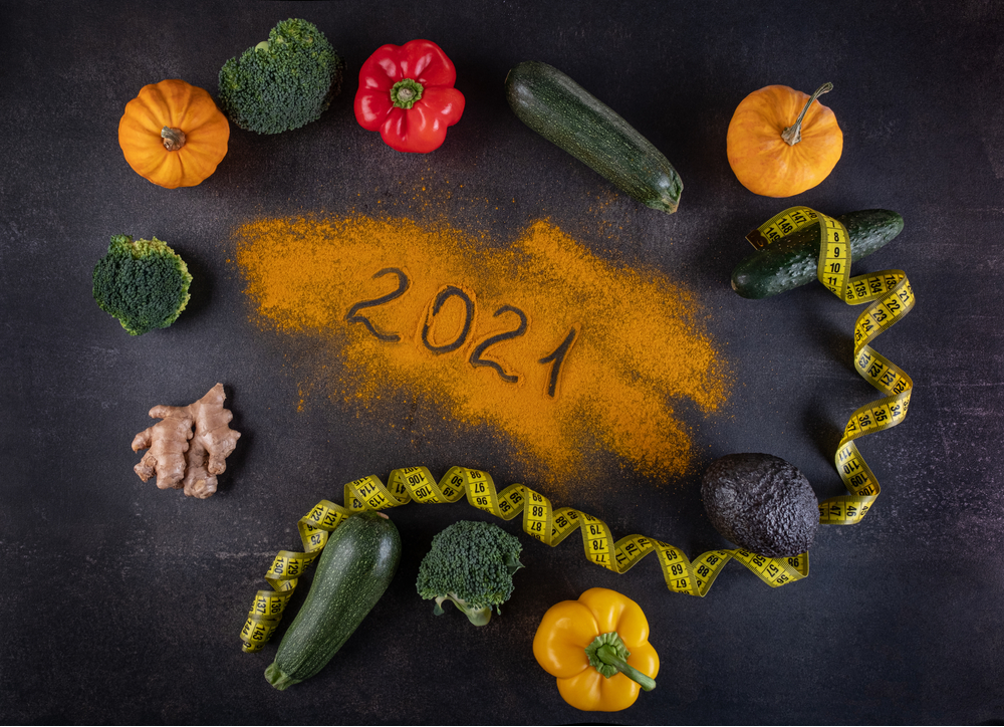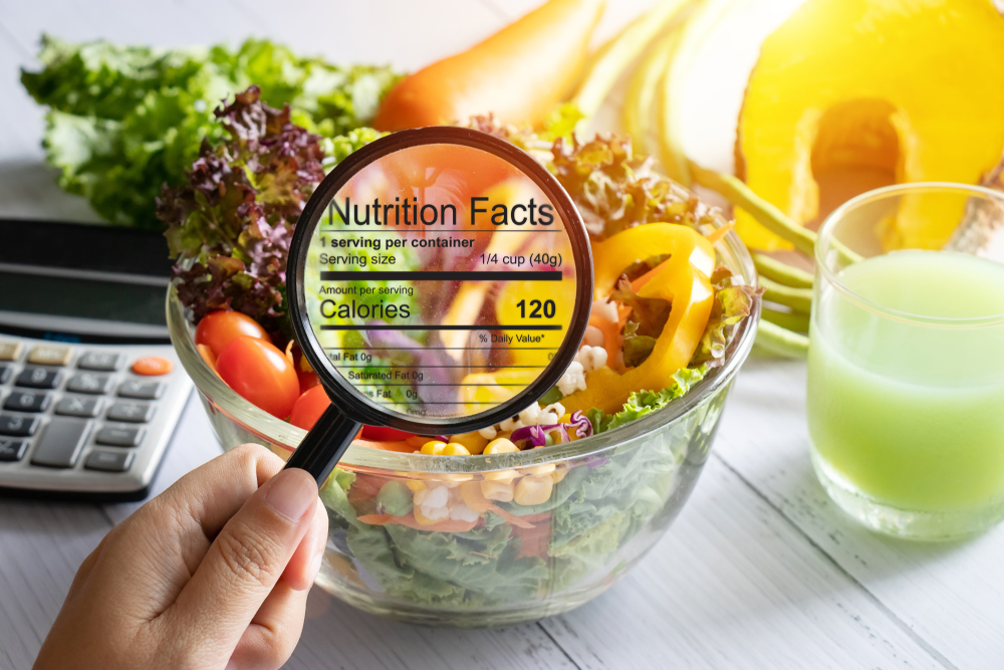-
No products in the cart.
Sticking to Your New Year’s Resolution

Making New Year’s resolutions, especially at the start of the year, has been a tradition for decades. Of all the resolutions made, those related to lifestyle changes and following a healthy diet plan is the most popular – New Year, Better Health, right? But did you know that about 80% of New Year’s resolutions fail by mid-February?
If you plan on making lifestyle changes this new year, we cover common mistakes made when attempting to change eating habits and offer tips so that your New Year diet is a success!
Mistake #1: Going on a Diet
Although you are technically on a “New Year diet”, the term “diet” is not only a temporary process but also backed by a large body of evidence that demonstrates its negative side effects. Self-imposed dieting and depriving the body of foods for a short amount of time to see quick results might have the numbers on your scale drop quickly, but this is not a feasible long-term strategy. Believe it or not, some research shows that weight-loss diets may lead to weight gain! But why?
When you starve your body, it naturally loses fats and muscles. This sends your body into overdrive, increasing hunger-inducing hormones, reducing basal metabolic rate, and holding onto fat reserves. Therefore, when your diet ends and you start eating normally again, you might gain back most of the weight you lost or more!
Solution: Changing your outlook on health
The key to healthy living is moderation and a healthy outlook. Instead of avoiding meals, start exercising and watching what you consume. Say goodbye to fad diets and focus on eating healthily, as making small and permanent lifestyle shifts will reap better long-term results.
Make positive decisions by steering clear of empty calories and load up on whole foods. If you want a snack, avoid highly processed foods. Choose raw cacao nibs over a chocolate bar or yacon root slices over cancer and heart disease-causing acrylamide-loaded potato chips. Also, partake in aerobic exercises frequently or take the stairs instead of the elevator.
Mistake #2: Cutting Out Foods Instead of Adding

When one thinks of “dieting”, many assume that they must eat less and eliminate things from their diet plans – think low-carb diets, ketogenic diet, or the Paleo diet. All of these popular diets encourage specific food restrictions.
Cutting out of foods in this manner can result in binge eating, preoccupation with food, and other psychological manifestations. Also, by cutting out food groups, you put your body at risk of nutritional deficiency. Thought a low-carb diet is good? When cutting out carbohydrates without the advice of dieticians, you limit vitamins and fibre intake and risk your body going into ketosis. Similarly, when you eliminate other foods, your body will look for ways to make up for the deficiency – some of these being detrimental to your health.
Solution: Adding superfoods to your diet plan
Rather than eliminating foods and risking nutrient deficits, add superfoods to your diet to help weight loss or journey to optimal health. Moringa powder, for one, is said to facilitate weight loss. Other superfoods commonly available in Singapore are organic chia seeds and superfood powders. Add black chia seeds to your breakfast cereals, and there are several recipes with superfood powders that you can try out.
Mistake #3: Going Off Course Due to Marketing Gimmicks
There are many food stores and restaurants that try to tempt us with healthy-sounding products. From foods labelled as “oven-baked”, “no added sugar”, “locally-produced”, “vegetarian”, unhealthy products are made to look good for you even when they are not. Vegetarian dishes, for example, may use fake meat that is loaded with preservatives. Research shows that preservatives alter the chemical structure of our hormones, preventing them from signalling our brains that we’re full. As a result, we eat more to feel satiated, and in turn, gain weight.
Solution: Reading nutrition facts & prepping meals

Do not rely on information at the front of the packaging. Look at the nutrient information panel and ingredients list at the back of the packaging. Typically, the lesser chemicals or artificial substances found in the ingredient list, the healthier the food. When eating out, make conscious decisions of what you are putting in your body – if it is tricky to decipher what is good or bad, prep your own meals! This way, you will not only save calories but also money.

